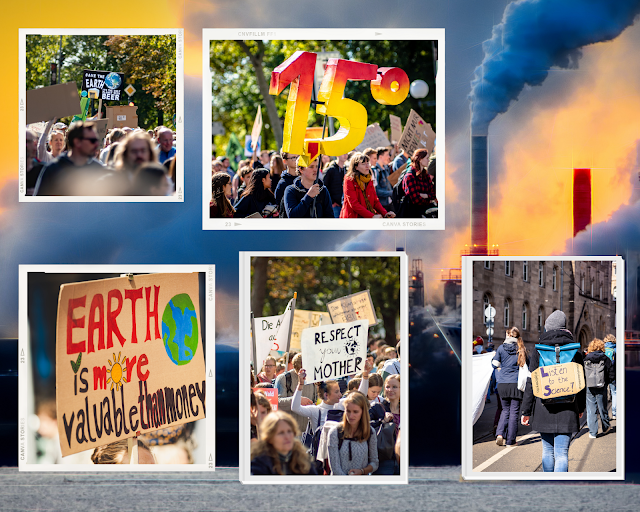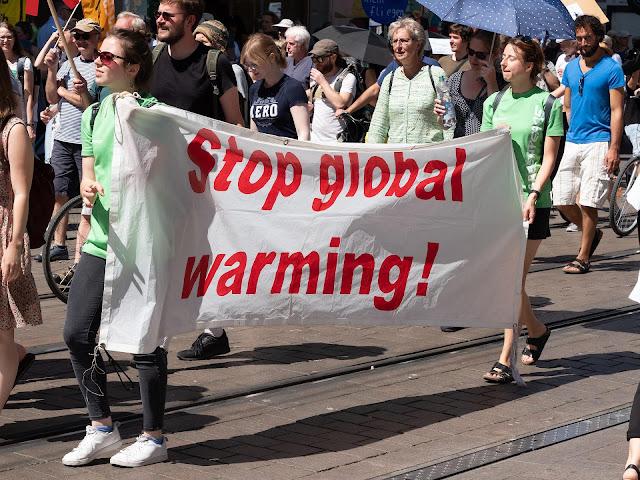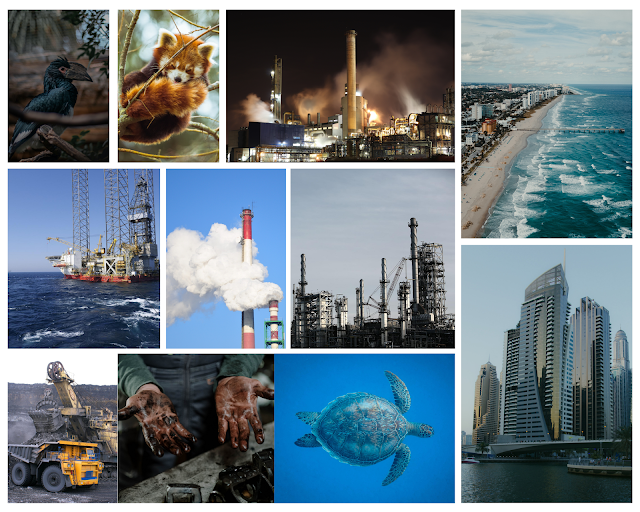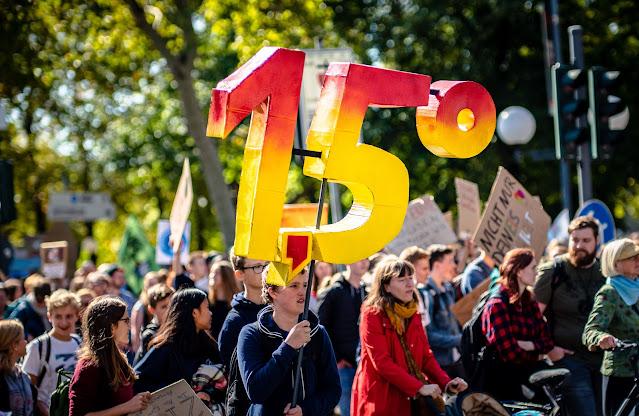GLOBAL WARMING

HELLO GUYS...WELCOME ALL...
For many years, scientists have been concerned about the effect of carbon dioxide emissions on the planet. But Only, In recent decades the people started to realise the Effects of Global Warming.
If you've heard of global warming but don't know what it means or how it will affect you, then this blog will guide you to exactly what you need.
From this blog you will come to know about the meaning of global warming, including the science behind it and what causes it. You’ll also get tips on how to reduce your impact on the environment and slow global warming as much as possible, whether through recycling or even purchasing renewable energy sources for your home.

Contents:
- Why should we even care about global warming?
- Global Warming Means
- Global Warming Analysis
- Causes for Global Warming
- Effects of global warming
- Reduce Global warming
Why should we even care about global warming?
That's a good question. And one that scientists have been trying to answer for decades. Scientists say that if we don't reduce greenhouse gases, they're warning of major environmental changes by 2100. Specifically, they are concerned about rising sea levels (since warmer water causes it to expand). They also believe many species will become extinct as habitats change or become less habitable. Finally, parts of our planet may be too hot for humans and other animals to survive in; they predict temperature increases could impact crop production negatively. The effects of global warming are important to consider because it directly affects everyone on Earth– not just those who contribute significantly to greenhouse gas emissions.

Global Warming Means:
It’s a rise in temperature throughout Earth’s atmosphere, due to an increase in greenhouse gases. Greenhouse gases trap heat, causing an increase in Earth’s average temperature. In fact, greenhouse gases are so effective at trapping heat that they're referred to as global warming gases. Greenhouse gases include carbon dioxide (CO2), methane (CH4), nitrous oxide (N2O) and ozone (O3). The greenhouse effect is natural, but it's also being accelerated by human activity. In other words, greenhouse gases are causing global warming . These gases absorb energy from sunlight and release it back into Earth's atmosphere as heat. A few examples of greenhouse gases include water vapor, carbon dioxide (CO2), methane (CH4), nitrous oxide (N2O) and ozone (O3). These greenhouse gases are essential to life on Earth; without them, our planet would be too cold for living things. Without greenhouse gas emissions from sources like volcanoes or forest fires, our planet would be inhospitable to humans because it would be much colder than it already is somewhere between -50°F (-46°C) and -60°F (-51°C). However, these same gases can cause global warming when their levels get too high.

Global Warming Analysis:
Global warming is known as a long-term rise in Earth's surface temperature and its atmosphere. Since 1880, it is believed that temperatures have increased by 0.74 C (1.33F). It has also been argued that human activities including certain industrial processes, burning fossil fuels and deforestation are major causes for an increase in greenhouse gases which result in global warming. With each year that passes, our environment becomes increasingly vulnerable to pollution. Scientist says it may be too late to reverse or slow down climate change because greenhouse gases from burning fossil-fuels will linger in Earth's atmosphere for years to come...Human activities are changing our climate faster than ever before. The last time there was so much carbon dioxide in our air was 3 million years ago when early man first appeared on earth. Many scientist believe that if we do not reduce emissions soon, global warming could cause widespread drought, flooding and crop failure within decades. In turn, these effects would lead to mass migration and conflict over resources. Others argue that there is no evidence yet of significant climate change happening at all. We don't know what effect rising CO2 levels will have on humans or other species either. Some scientists say we can only afford to emit another 400 billion tonnes of CO2 into our atmosphere before risking irreversible damage - but we've already emitted more than half that amount since 2000 alone! We need to act now while there's still time... Or else risk paying a high price later!
